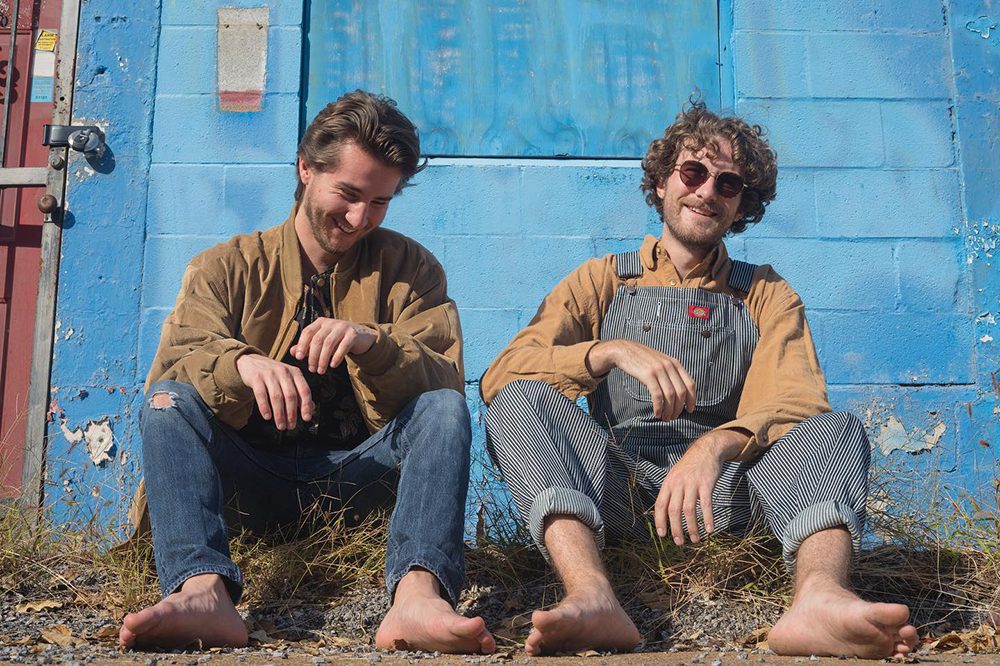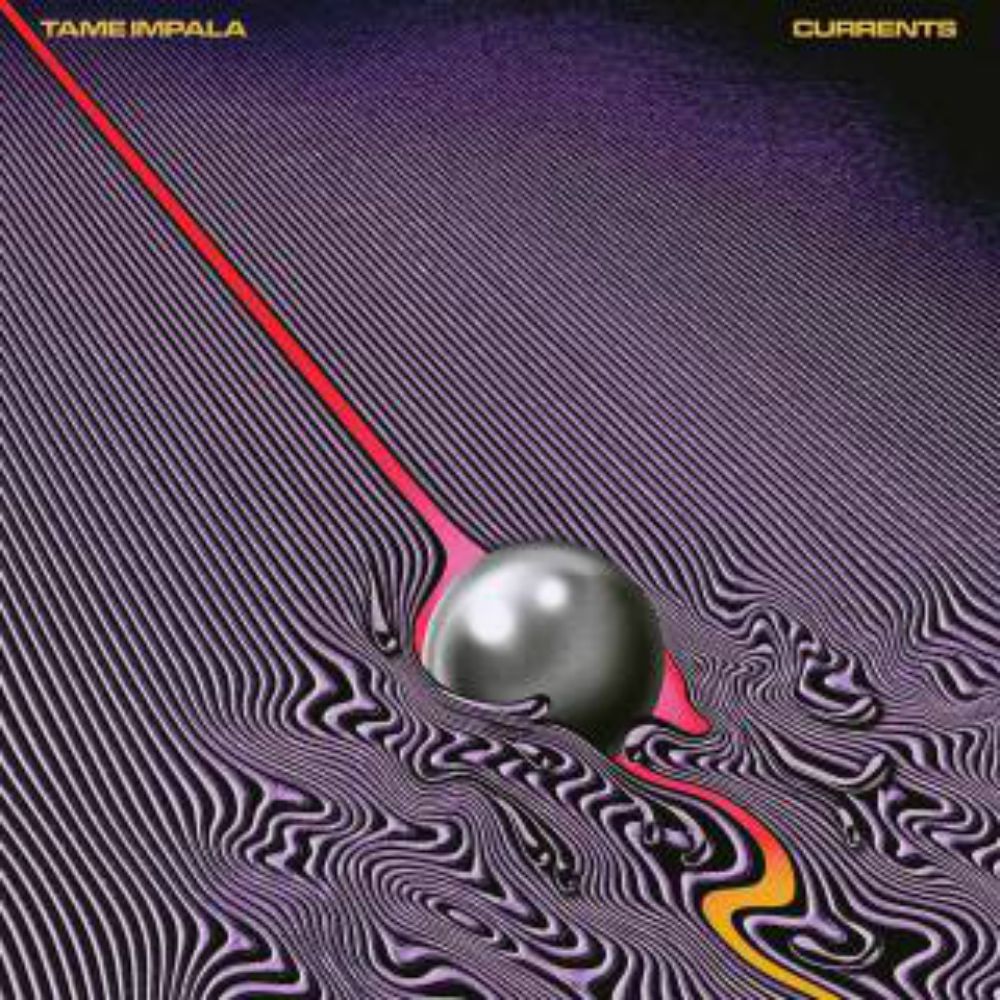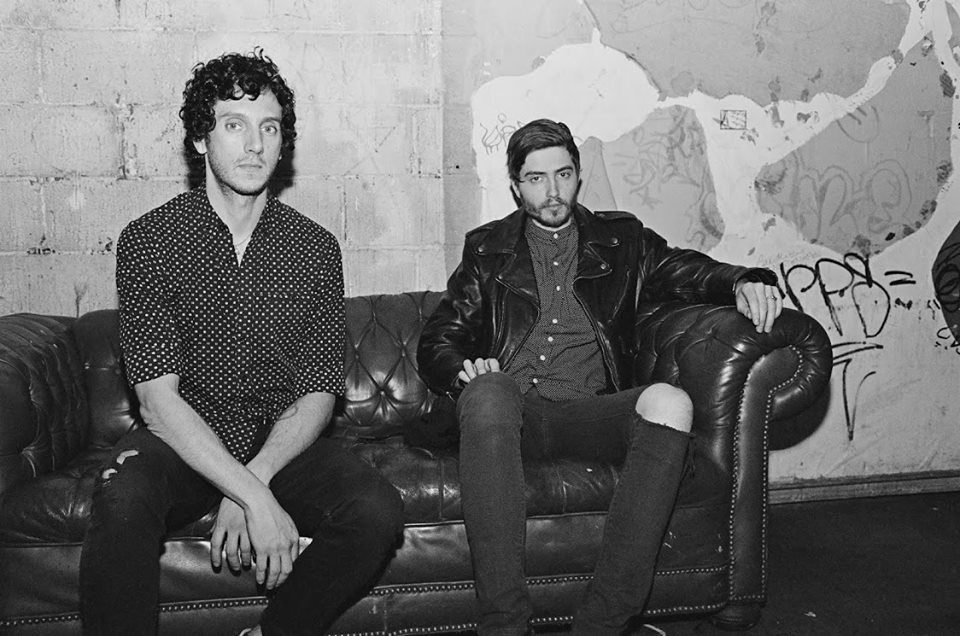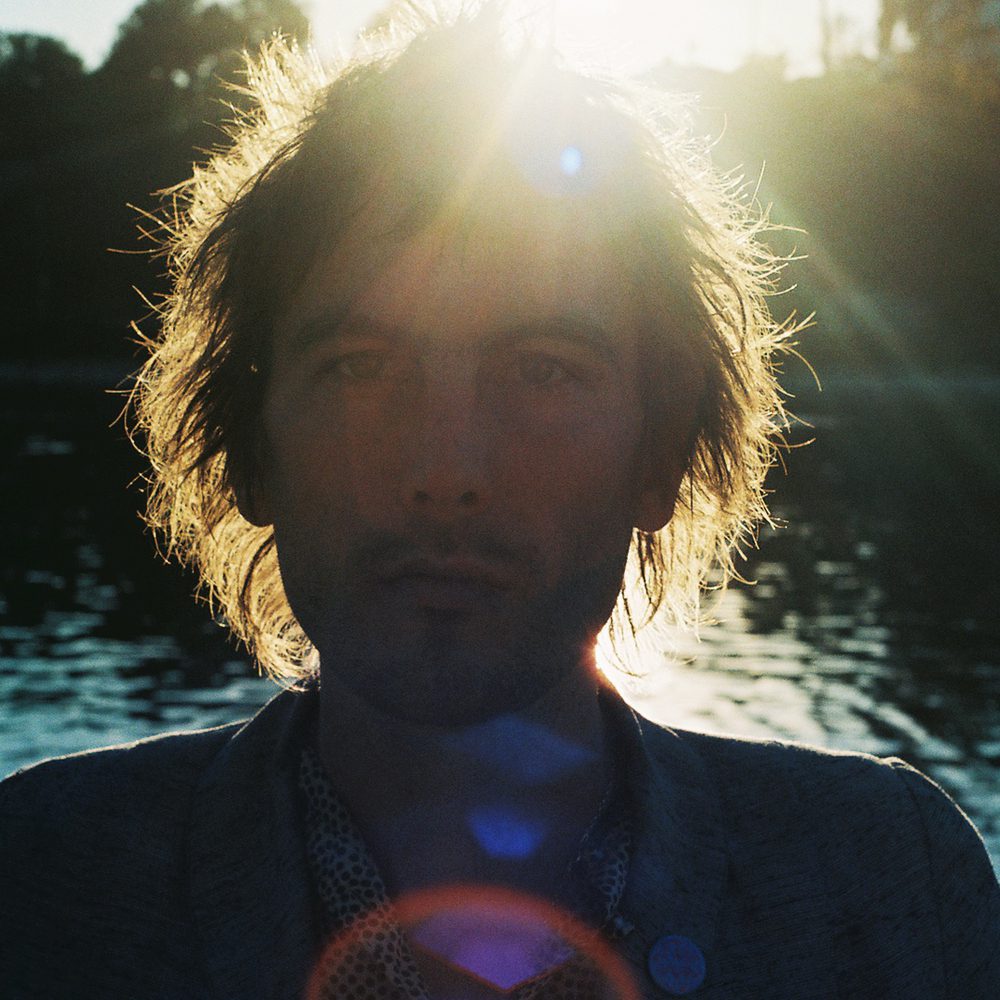Watkins Practices Open-Mindedness on Unbiased Eyes LP


For experimental indie duo Watkins, Unbiased Eyes is more than an album title – it’s a way of living. Their 2021 LP explores the depths of love and human existence across ten songs, from the mind-opening invitation of introductory track “Good Problems” to challenging the concept of time in “Beyond the Ambience.”
Vocalist/guitarist Taylor Watkins points to “Sad Happy” as a “huge focal point” of the record, as it encourages listeners to unlearn toxic habits, exemplified in such lyrics as, “Take a broken mind, rewind through all the things you learned/Way back to unbiased eyes/All past boils down to the place we call the now.”
“I’m challenging every listener to break out of that mentality and to experience life for its true self. To reconnect with nature and to see life as the beautiful, chaotic existence that it truly is,” Watkins describes of the song’s message.
“The whole goal of Unbiased Eyes, the album, and the phrase ‘unbiased eyes’ and the message I’m trying to get across is to really see without judgment. I wanted to convey this message of seeing every day with a fresh perspective, to be able to see the beauty in everything for the first time,” Watkins says. “In a lot of these songs, you’ll notice lyrically I try to take on this duality of life and to almost express it in a childlike mentality to help each listener return to the present moment. The theme of shedding all of this imprinted knowledge and these everyday habits that we’ve acquired over the years, and trying to remove yourself from this societal norm and start experiencing life in the now [allows] each listener to find their own pathway to the present moment and to stop worrying about the past or anxiety of the future and to take in what it means to be here and to see with unbiased eyes every second.”
The duo’s passion for creating a sustainable world and connecting to the universe has been cultivated through years of open-mindedness. Drummer Scott Harris reveals that he’s spent the past few years researching permaculture, which focuses on living off the grid and on the land, incorporating the elements of agriculture, community resilience and more. “A lot is trying to connect people back to the natural world. What we’re always trying to push for is how can you rely on yourself more and get away from the system,” Harris explains of the process.
The pair were introduced in 2011 by a mutual friend as freshman in high school in West Chester, Ohio, quickly realizing they were musical soulmates. “We both saw it as an outlet in our lives that we wanted to chase forever. It was pretty much a guiding passion for both of us,” Watkins says as their mutual love of music. “[We] already had very strong personalities in the sense of individuality and self-awareness and finding your own path or passion in life. So when we met each other, we were already ahead of our times in that way that we were thinking with our universal eye rather than just where we were at that moment in time.”
They spent their days after school jamming in a friend’s basement, taught themselves the ins and outs of recording and producing by creating makeshift studios, and began gigging weekly around town. “Looking back on it, I think it’s funny how we clicked and wanted to really innovate with music and take a little bit of a psychedelic approach to it and wanting the mind-opening route to music,” Harris recalls of their early days. “It was really all great memories.”
Remaining present and deeply focused on their craft is a natural instinct that the band has carried throughout their decade-long career. “It’s never for the fame, it’s never for the recognition. It’s not even for ourselves. We wanted to mainly focus on spreading self-awareness and to promote a reconnection to the natural world,” Watkins says.
After Harris moved to Nashville in 2015 to pursue a career in audio engineering, the duo continued to hone their craft, meeting in Nashville and Kentucky as they developed their own sound they’ve branded “psychedelic Southern,” in an attempt to open listeners’ minds to the vastness of the world.
“To us, the word [psychedelic] means mind-opening or mind-altering growth. We wanted to take this journey with music to really try to grow ourselves, grow our own minds. Not only ourselves, but to spread what we know, our realizations and give those to others,” Watkins says of their distinct sound. “That’s where we started moving forward as a duo, me and Scott realizing not only can we spread this message lyrically, but we were finding ways sonically with our recording styles to incorporate modern style and try to create new fusions of our favorite music, and trying to find a way to do it new in our own kind of light.”
Growing up, Watkins was an avid fan of Henry David Thoreau, and was inspired by his philosophy that “you can never learn in life until start to put yourself into the unknown. There’s no learning unless you are risking it, unless you are getting yourself just a little bit uncomfortable,” Watkins paraphrases. To that end, Watkins has achieved “unbiased eyes” through travel, immersing himself in different cultures, beginning with a backpacking trip around Europe with friends in college, visiting thirteen countries in the span of a month.
That appetite for travel has only grown, inspiring him to make his dream of living on the road a reality. At the onset of the COVID-19 pandemic in March 2020, Watkins and his partner purchased a van that they turned into a livable home on wheels. After finishing weather proofing and prepping the van during quarantine, they took to the open road, traveling across the country from the Gulf Shores of Florida up through the Midwest before settling in Maine where Watkins lived and worked on a farm.
“The goal in mind during these travels is we’re always looking to build a sense of community everywhere we go. Every time we travel, we’re looking to find people that not only already vibe with the message we’re about, but who can also help us grow that message, and to really show us new sides of growth and progression that we weren’t necessarily even aware of,” Watkins examines. “We really want to use these travels as a reflection on where we see ourselves continuing to build communities in the future. Where do we put ourselves geographically to create these sort of spaces?”
With that mindset, they also migrated out west, venturing through Colorado, Utah, Wyoming and New Mexico before settling down in Idaho’s Teton Valley in a town with a population of 1,000 people. Riding a bike to work and living in a van that was often caught under two feet of snow in the harsh Idaho winter was an eye-opening experience for Watkins, as he intentionally became part of a smaller community with people who have a desire to grow their own food and truly support one another. “Traveling opened up this new sense for me to realize that if I’m receptive to the energy, I can gain a new perspective out of each person I talk to, removing all of those pre-biased intentions and accepting people where they’re at,” Watkins professes.
All of this ties into how Watkins and Harris walk through the world with “unbiased eyes.” For Harris, that means viewing each situation in life through a positive lens, while Watkins holds himself accountable to live each day with a sense of “self-acceptance,” letting go of judgment, and living in the now not only for himself, but others, in hopes that it inspires listeners to live a fulfilling life.
“Moving forward, we’re going to take all of these incorporated ideas that Unbiased Eyes holds and try to grow off of them, not only within the music, just within ourselves,” Watkins proclaims of the duo’s mission. It’s not really even about the music necessarily for us. “It’s the sense of community and spreading awareness and building and growing together through the music.”
Follow Watkins on Facebook and Instagram for ongoing updates.












